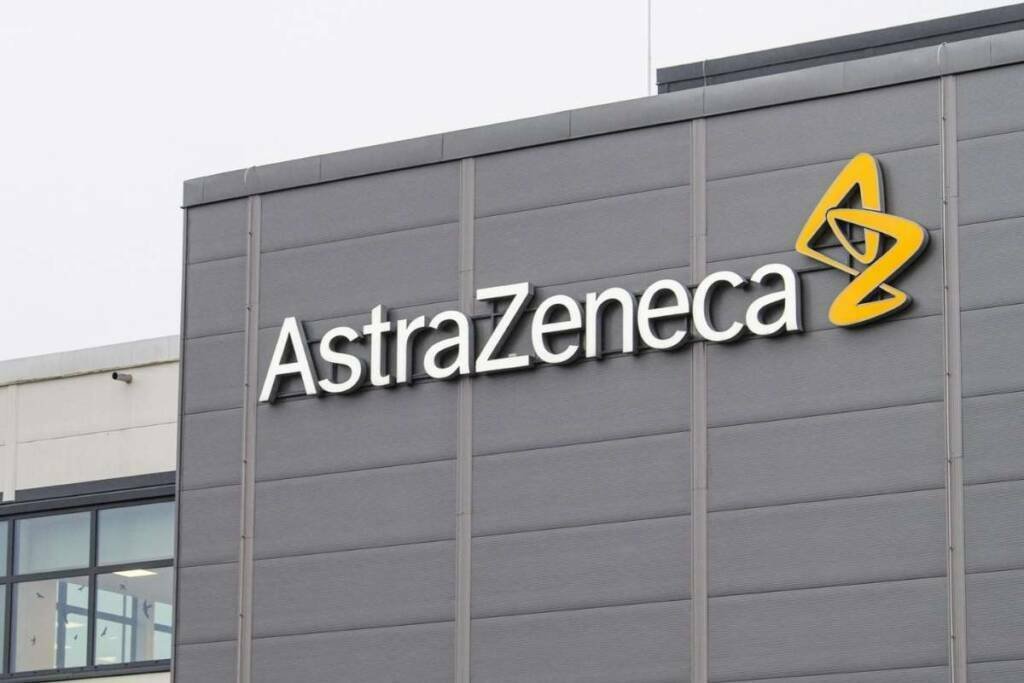AstraZeneca’s CEO Pascal Soriot has denied a report that the company is considering spinning off its China business, which is the largest among foreign drugmakers by sales. The report, published by the Financial Times last month, claimed that AstraZeneca had prepared plans to separate its China operations into a standalone company to shield the group from rising geopolitical risks. Soriot addressed the issue during the company’s quarterly earnings call on Friday.
AstraZeneca also raised its 2023 revenue forecast for China. It now expects the unit’s revenue to grow by low-to-mid single-digit percentages, compared with its previous expectation of low-single-digit growth. AstraZeneca has enjoyed strong commercial performance in China for many years, but recently faced a slowdown due to aggressive price cuts, leading to a sales drop in 2022. In the first half of this year, AZ’s China sales reached $3 billion, up 7% year over year. AZ’s China and international president, Leon Wang, attributed the improved outlook to several new product launches.
These include Calquence, a BTK inhibitor that was approved in China in March for mantle cell lymphoma, and Enhertu, a cancer drug developed with Daiichi Sankyo that was approved in China in February for HER2-positive breast cancer and earlier this month for HER2-low disease. Enhertu has become a blockbuster drug worldwide, especially after its landmark approval in the US for HER2-low breast cancer, a new treatment category. In the first half of the year, the drug generated $1.2 billion in global sales for AZ and Daiichi, more than double the $436 million it made in the same period last year.
AZ and Daiichi also have a chance to expand Enhertu’s use to HER2-positive tumors regardless of their location, based on results from the Phase II DESTINY-PanTumor02 trial. The trial showed positive tumor response data in June, and on Thursday, the companies announced that Enhertu also showed meaningful disease progression and patient survival data. AZ did not disclose its detailed regulatory plans for this potential indication.
During Friday’s investor call, AZ’s oncology R&D head Susan Galbraith, Ph.D., said that Enhertu’s benefit varied depending on different tumor HER2 expression levels. Patients with high HER2 expressions showed stronger responses in the Phase II study than those with lower levels. Analysts also asked several questions about Enhertu during the Friday earnings call. Although a Phase III trial in non-small cell lung cancer (NSCLC) recently met its primary endpoint of progression-free survival, the study is still ongoing for the other primary endpoint of overall survival. Some deaths related to side effects also raised concerns among investors.
AZ has had initial talks with the FDA about Enhertu, and it is getting ready to submit an application, Galbraith said. In addition, Imfinzi, AZ’s PD-L1 inhibitor, performed well in the second quarter. Its sales reached $1.1 billion, up 58% year over year at constant exchange rates. About 20% to 30% of Imfinzi’s growth comes from established indications, such as stage 3 NSCLC, AZ’s oncology business head David Fredrickson said on the earnings call. But recent new approvals in biliary tract cancer and for its combination with CTLA-4 agent Imjudo in metastatic NSCLC and liver cancer are also driving growth. AZ’s total revenue in the second quarter reached $11.4 billion, up 9% at constant currencies. The company kept its full-year guidance, expecting revenues to grow by low-to-mid single-digit percentages.





























